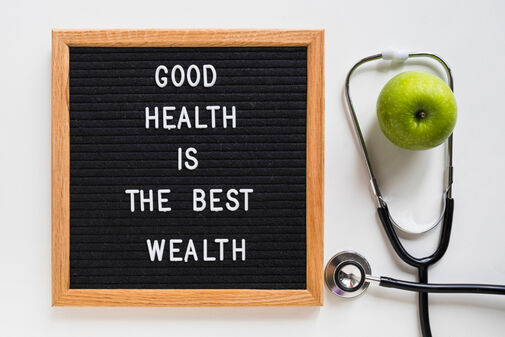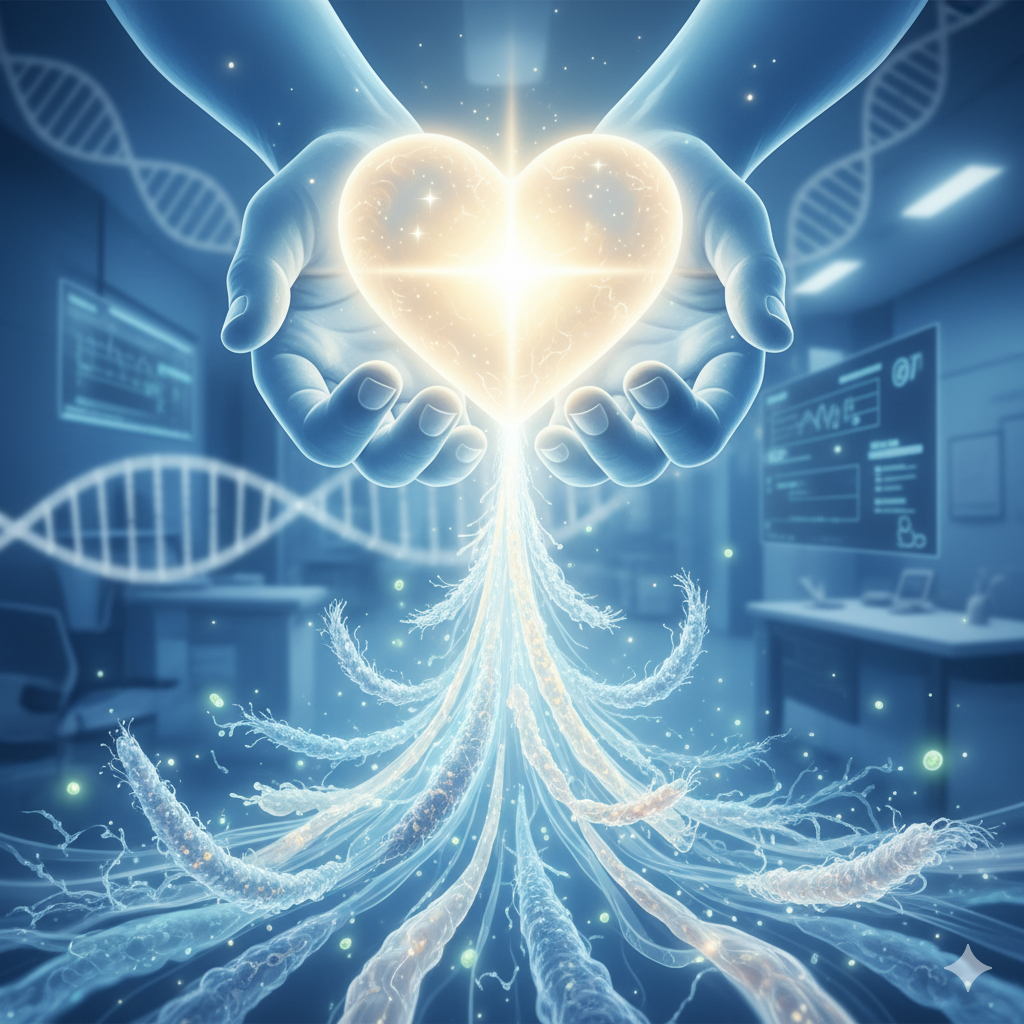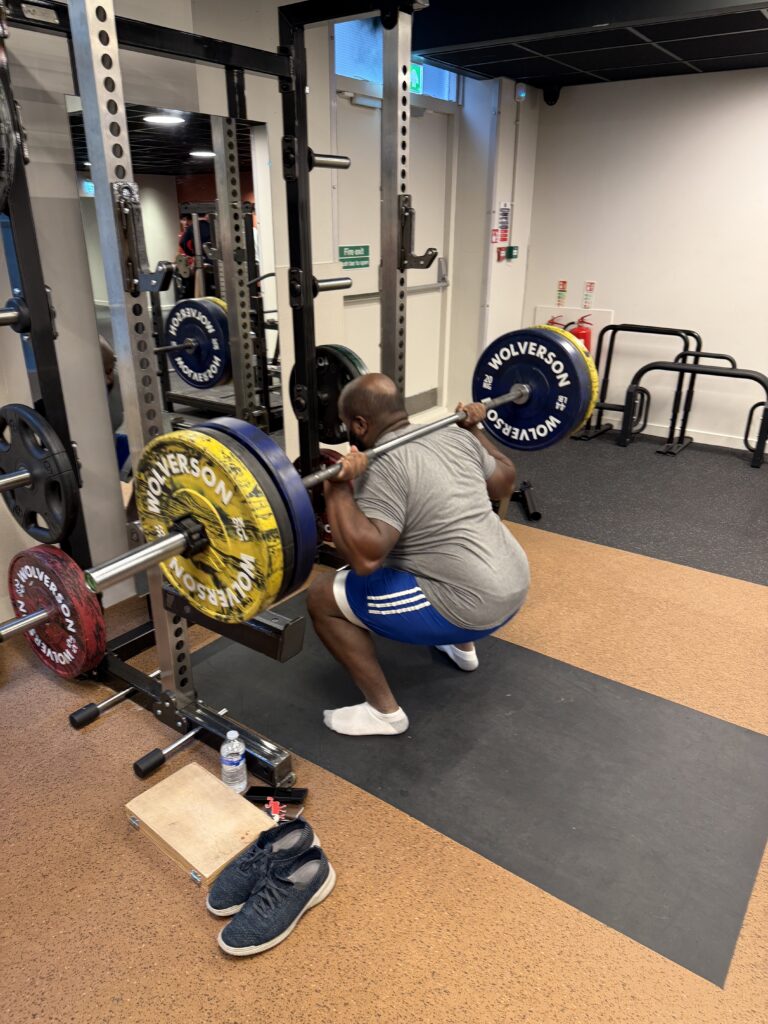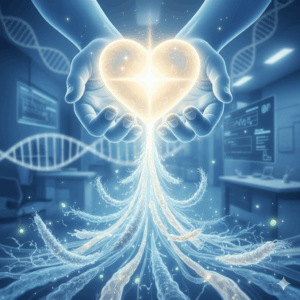Vitamin D is often referred to as the “sunshine vitamin” because our bodies naturally produce it when our skin is exposed to sunlight. However, despite its essential role in maintaining our overall health, vitamin D deficiency is quite common. In fact, it’s estimated that over 40% of people worldwide suffer from inadequate levels of vitamin D. This vitamin plays a crucial role in bone health, immune function, and many other bodily processes. When your body doesn’t get enough vitamin D, it can lead to a range of symptoms that can significantly affect your daily life.
In this article, we’ll explore 7 common symptoms of vitamin D deficiency and provide a list of 10 foods that are rich in vitamin D. Additionally, we’ll discuss potential solutions, such as vitamin D injections and the benefits of GI Revive powder, for those struggling with deficiency.
7 Vitamin D Deficiency Symptoms
1. Fatigue and Low Energy Levels
One of the most common signs of vitamin D deficiency is persistent fatigue and low energy. People with insufficient levels of vitamin D often report feeling tired, even after a full night’s sleep. Since vitamin D plays a role in regulating energy levels, a lack of it can lead to sluggishness and reduced vitality throughout the day. If you find yourself constantly needing naps or feeling exhausted despite adequate rest, vitamin D deficiency could be a contributing factor.
2. Bone Pain and Weakness
Vitamin D is essential for calcium absorption, which directly impacts bone health. Without enough vitamin D, your bones may become weak and prone to pain. People with vitamin D deficiency may experience aching bones, particularly in the lower back, hips, and legs. In severe cases, prolonged deficiency can lead to conditions like osteomalacia (softening of the bones) and osteoporosis (fragile bones), increasing the risk of fractures.
3. Mood Changes and Depression
Vitamin D plays a crucial role in brain function and mood regulation. Research has shown that vitamin D deficiency may contribute to feelings of sadness, irritability, and even depression. Studies suggest that people with low levels of vitamin D are more likely to experience symptoms of depression and anxiety. This is especially concerning because depression can lead to a cycle where individuals with low vitamin D levels avoid outdoor activities, further limiting their exposure to sunlight, which in turn exacerbates their deficiency.
4. Muscle Weakness and Pain
Muscle weakness is another common symptom of vitamin D deficiency. Since vitamin D helps regulate muscle function, a lack of it can lead to muscle pain, weakness, and discomfort. This is especially noticeable in the arms, legs, and back. Individuals may find it harder to perform daily activities such as climbing stairs, lifting objects, or even standing for long periods.
5. Frequent Infections or Illness
Vitamin D is essential for a well-functioning immune system. It helps activate immune cells, such as T cells, which protect the body from infections. When you have insufficient levels of vitamin D, your immune system becomes compromised, making you more susceptible to infections. People with low vitamin D levels may experience frequent colds, flu, or respiratory infections.
6. Hair Loss
Although hair loss can occur for various reasons, vitamin D deficiency is one of the lesser-known causes. Vitamin D is involved in the hair growth cycle, and a lack of it can lead to thinning hair or even bald patches. Research has shown a connection between low vitamin D levels and conditions such as alopecia areata, a type of hair loss caused by an autoimmune condition. If you notice your hair thinning or falling out more than usual, it may be time to check your vitamin D levels.
7. Impaired Wound Healing
If you have cuts, bruises, or other injuries that seem to take longer to heal than usual, vitamin D deficiency may be to blame. Vitamin D plays a role in the process of wound healing by promoting cell growth and reducing inflammation. When vitamin D levels are low, the body’s ability to repair itself is compromised, which can lead to delayed healing times. This is particularly concerning for those recovering from surgery or injury.
10 High Vitamin D Foods
While getting vitamin D through sunlight is the most natural way for your body to absorb it, certain foods can also help boost your levels. Here are 10 foods that are naturally rich in vitamin D:
1. Fatty Fish (Salmon, Mackerel, Sardines)
Fatty fish are among the best natural sources of vitamin D. Salmon, mackerel, and sardines are rich in vitamin D and provide a healthy dose of omega-3 fatty acids. A single serving of salmon can provide more than the daily recommended intake of vitamin D.
2. Cod Liver Oil
Cod liver oil is another excellent source of vitamin D. It’s typically available in liquid or capsule form and can provide a significant boost to your vitamin D intake. A single tablespoon of cod liver oil contains about 1,360 IU of vitamin D, which is more than the recommended daily amount for most adults.
3. Egg Yolks
Eggs, specifically egg yolks, are a good source of vitamin D. One large egg yolk contains approximately 40 IU of vitamin D. While it’s not as high as fish or fortified foods, it can still contribute to your daily intake. Consider adding eggs to your breakfast for a vitamin D boost.
4. Fortified Dairy Products (Milk, Cheese, Yogurt)
Many dairy products are fortified with vitamin D, including milk, cheese, and yogurt. While the vitamin D content may vary, a cup of fortified milk can contain about 100 IU of vitamin D. Be sure to check the labels to confirm the vitamin D fortification of the products you choose.
5. Fortified Plant-Based Milks (Almond, Soy, Oat Milk)
For those who follow a vegan or dairy-free diet, fortified plant-based milks are an excellent alternative. Almond milk, soy milk, and oat milk are often fortified with vitamin D, making them a great option for boosting your intake. A cup of fortified plant-based milk can provide up to 100 IU of vitamin D.
6. Mushrooms
Certain types of mushrooms, such as shiitake and maitake, are naturally rich in vitamin D. Unlike other vegetables, mushrooms can produce vitamin D when exposed to sunlight or ultraviolet (UV) light. If you’re looking to increase your vitamin D intake through plant-based sources, mushrooms are a great option.
7. Fortified Cereals
Many breakfast cereals are fortified with vitamin D, making them an easy way to get your daily dose. While cereals should be consumed in moderation due to their sugar content, they can still be a helpful addition to your diet for meeting vitamin D needs.
8. Beef Liver
Beef liver is a nutrient-dense food that contains a substantial amount of vitamin D. While not everyone enjoys the taste of liver, it’s an excellent source of vitamin D, providing more than 40% of the recommended daily intake in just a small serving.
9. Orange Juice (Fortified)
Some brands of orange juice are fortified with vitamin D. A glass of fortified orange juice can provide a significant amount of vitamin D and can be a good option for those who don’t consume dairy products. Again, be sure to check labels for fortification.
10. Tofu (Fortified)
Tofu, especially when fortified with vitamin D, is an excellent source for those following plant-based diets. A serving of fortified tofu can provide a decent amount of vitamin D, along with protein and other essential nutrients.
Boosting Your Vitamin D Levels: Vitamin D Injections and GI Revive Powder
If you’re struggling to get enough vitamin D from sunlight and food, there are several options available to help you maintain optimal levels. For individuals with severe deficiencies or those who have difficulty absorbing vitamin D from food, vitamin D injections can be an effective solution. Vitamin D injections deliver a high dose of the vitamin directly into the bloodstream, allowing for quicker absorption and higher blood levels of vitamin D.
If you’re looking for a more holistic approach to gut health, GI Revive powder can also be beneficial. This supplement contains ingredients that promote digestive health and improve nutrient absorption, including vitamin D. For those with digestive issues, using GI Revive powder alongside vitamin D supplementation can help ensure better absorption and overall health.
When searching for ways to improve your vitamin D levels, you might search for “vitamin D injections near me” to find clinics or healthcare providers offering these treatments.
Conclusion
Vitamin D plays a critical role in many of your body’s essential functions, from maintaining bone health to supporting your immune system. If you’re experiencing symptoms of deficiency, such as fatigue, muscle weakness, or frequent infections, it’s important to address the issue by increasing your vitamin D intake. Whether through foods rich in vitamin D, supplementation, or treatments like vitamin D injections, there are various ways to ensure your levels remain optimal.









